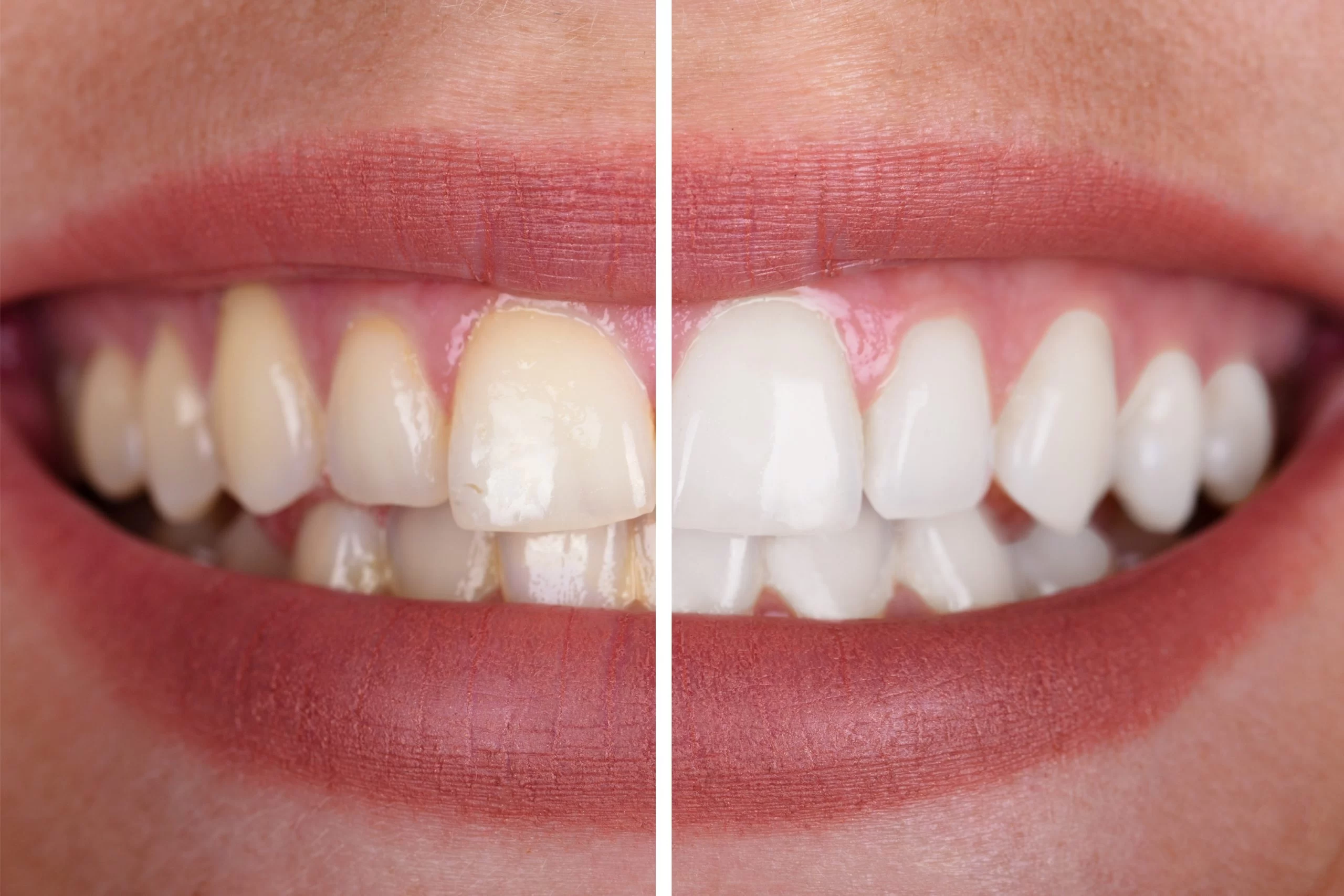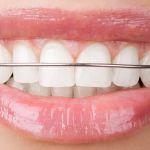
Can Teeth Whitening Damage My Enamel? Understanding the Risks and Safety
- 1. Understanding Teeth Whitening and Its Popularity
- 2. How Does Teeth Whitening Work?
- 3. Can Teeth Whitening Damage My Enamel?
- 4. How to Whiten Your Teeth Safely Without Damaging Enamel
- 5. Common Myths About Teeth Whitening
- 6. Expert Advice on Choosing the Right Whitening Products
- 7. Where to Buy Safe Teeth Whitening Products
Teeth whitening has become one of the most popular cosmetic dental procedures worldwide. Many people desire a brighter, more youthful smile, and with the rise of at-home whitening kits and professional treatments, the demand has soared. However, the question arises: can teeth whitening damage your enamel? Let’s take a closer look at what teeth whitening actually does, and whether it poses any risks to your enamel.
Teeth whitening works by breaking down stains on the surface of your teeth. Over time, food, drinks like coffee and wine, and habits such as smoking can stain teeth. Whitening products typically contain hydrogen peroxide or carbamide peroxide, which help bleach these stains, making the teeth appear whiter. There are various methods for whitening: professional treatments, over-the-counter products, and at-home remedies. While effective, the concern about enamel safety is often linked to how these products are used and how frequently.
So, can teeth whitening damage your enamel? The short answer is yes, if not used correctly. Enamel is the hard, protective outer layer of your teeth, and once it’s damaged, it cannot regenerate. Whitening products that are too abrasive or used too frequently can wear down enamel. Some over-the-counter whitening strips, for instance, may not be formulated with optimal concentrations of whitening agents, leading to prolonged exposure that can weaken enamel. Additionally, acidic whitening treatments may lead to enamel erosion if they aren’t balanced with a proper pH level.
However, it’s important to note that when used according to instructions, and when you choose quality products, the risk of enamel damage is minimal. Professional whitening procedures performed by a dentist are usually safer, as they are tailored to your specific needs and monitored carefully.
To protect your enamel while still achieving a brighter smile, here are some tips:
- Choose whitening products with lower concentrations of peroxide, as higher concentrations can be harsher on enamel.
- Use whitening products sparingly. Overuse can lead to sensitivity and enamel damage.
- Opt for professional treatments if you’re concerned about safety. Dentists use stronger, more effective products, but they ensure minimal harm to enamel.
- Consider using a fluoride toothpaste or mouthwash to help protect enamel after whitening treatments.
- Take breaks between whitening sessions to give your teeth time to recover.
There are many myths surrounding teeth whitening, some of which contribute to unnecessary fears about enamel damage. Let’s debunk some common misconceptions:
- Myth 1: Teeth whitening always damages enamel.
Fact: When used properly, whitening products do not cause significant enamel damage. - Myth 2: You can whiten your teeth too much.
Fact: Whitening too frequently can cause sensitivity, but with moderation, your enamel will remain intact. - Myth 3: Whitening strips are as effective as professional treatments.
Fact: While effective for some, whitening strips may not be as powerful or precise as professional treatments.
Dental experts recommend a personalized approach when it comes to teeth whitening. Here’s what dentists typically advise:
- Visit your dentist before starting any whitening treatment. They can assess the condition of your enamel and suggest the safest method.
- Choose whitening products from reputable brands with proven effectiveness and safety standards.
- If you experience any discomfort or sensitivity during or after whitening, stop using the product and consult your dentist.
Now that you’re armed with the knowledge about teeth whitening and its potential effects on enamel, it’s time to explore the best whitening products on the market. If you’re looking for safe, effective solutions that won’t damage your enamel, visit Dentistry Toothtruth for expert recommendations and high-quality whitening products. By selecting the right product and following safe whitening practices, you can enjoy a bright, beautiful smile while keeping your enamel healthy.







 Ernstberger Orthodontics5.0 (326 review)
Ernstberger Orthodontics5.0 (326 review) Lightfoot Center for Laser Periodontics5.0 (69 review)
Lightfoot Center for Laser Periodontics5.0 (69 review) Kanawha City Pediatric Dentistry4.0 (163 review)
Kanawha City Pediatric Dentistry4.0 (163 review) Dr. Dental: Dentistry & Braces4.0 (711 review)
Dr. Dental: Dentistry & Braces4.0 (711 review) North Atlanta Family Dentistry4.0 (482 review)
North Atlanta Family Dentistry4.0 (482 review) Richmond VA Dental Arts4.0 (181 review)
Richmond VA Dental Arts4.0 (181 review) The Importance of Oral Health Education During Pregnancy for a Healthy Pregnancy
The Importance of Oral Health Education During Pregnancy for a Healthy Pregnancy Best Tips for Brushing Your Teeth Properly for Healthy Gums: Essential Techniques for Oral Health
Best Tips for Brushing Your Teeth Properly for Healthy Gums: Essential Techniques for Oral Health Why Skipping Dental Checkups Can Lead to Bigger Oral Health Problems
Why Skipping Dental Checkups Can Lead to Bigger Oral Health Problems Advantages of Porcelain Dental Restorations
Advantages of Porcelain Dental Restorations How Can Diabetes Cause Tooth and Gum Problems? Preventing and Managing Oral Health Issues
How Can Diabetes Cause Tooth and Gum Problems? Preventing and Managing Oral Health Issues Healthy Habits for Promoting Good Oral Health and Hygiene: Tips for a Healthy Smile
Healthy Habits for Promoting Good Oral Health and Hygiene: Tips for a Healthy Smile